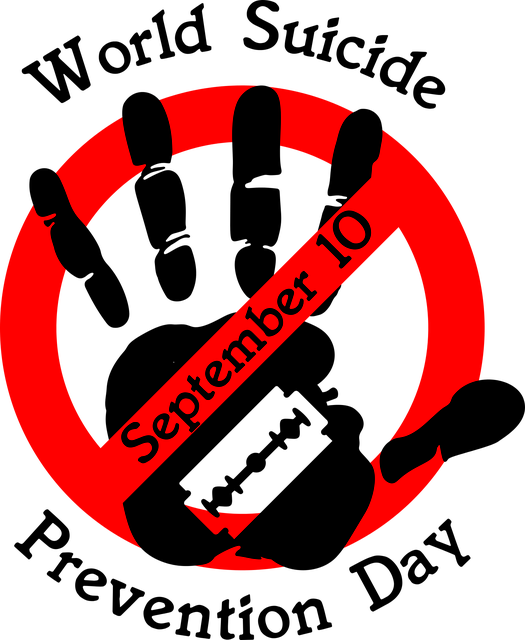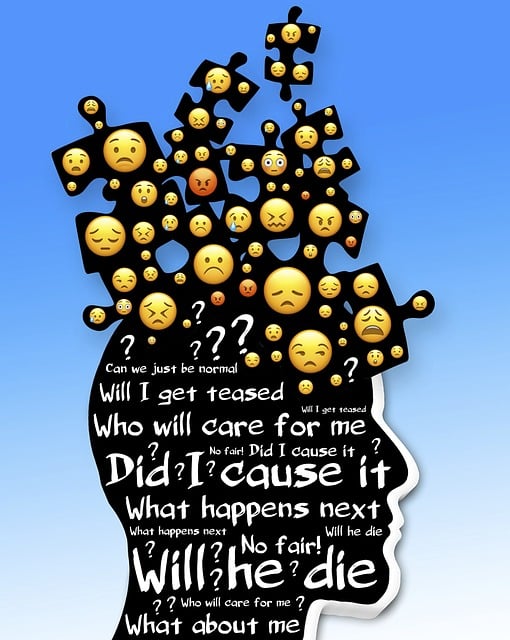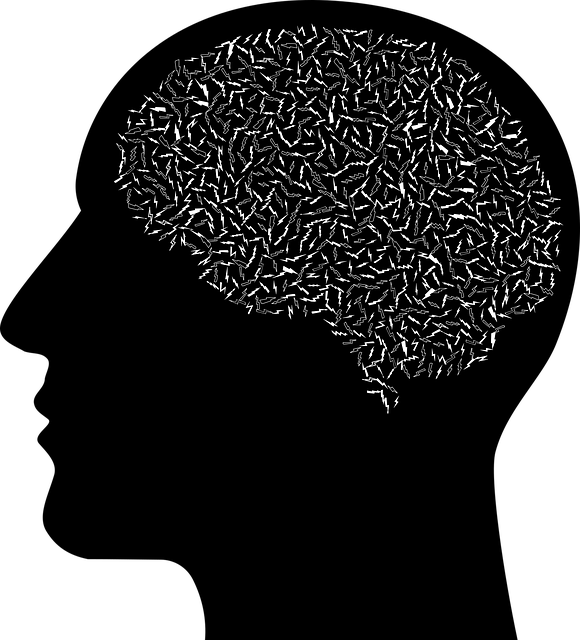Boulder First Responders Therapy is a community-driven initiative offering immediate and accessible support for first responders facing mental health crises. Recognizing their unique challenges, the program provides specialized therapy services tailored to traumatic experiences, focusing on crisis intervention and anxiety relief. By promoting early recognition of critical signs, reducing stigma, and offering hotline support, it ensures better care and emotional well-being. Their multifaceted approach combines immediate counseling with ongoing support, stress reduction methods, and self-esteem improvement initiatives for long-term recovery.
In today’s fast-paced world, recognizing and addressing mental health crises is more critical than ever. Boulder, a thriving community, has taken a significant step forward with Boulder First Responders Therapy—a pioneering initiative offering vital support services. This article explores the comprehensive assistance available through crisis hotline support, focusing on when to reach out, the role of instant help, and effective interventions for long-term recovery. Understanding these resources is crucial in navigating mental health challenges.
- Understanding Boulder First Responders Therapy: A Community Initiative
- When to Reach Out: Recognizing Signs of a Mental Health Crisis
- The Role of Hotline Support Services: Instant Help and Assessment
- Effective Interventions and Resources for Long-Term Recovery
Understanding Boulder First Responders Therapy: A Community Initiative

Boulder First Responders Therapy is a community-driven initiative designed to offer immediate and accessible support for individuals facing mental health crises. This innovative program recognizes the unique challenges faced by those in need, especially first responders like police officers, firefighters, and paramedics who often deal with traumatic situations on a daily basis. By providing specialized therapy services tailored to their experiences, Boulder First Responders Therapy aims to foster resilience and promote well-being within these critical professions.
The program focuses on delivering effective crisis intervention guidance and anxiety relief strategies specifically targeted at first responders. Through public awareness campaigns development and accessible therapy sessions, this initiative ensures that those who risk their lives serving our communities receive the necessary tools to manage stress and prevent burnout. Boulder First Responders Therapy is a testament to the community’s commitment to supporting its heroes both on and off the front lines.
When to Reach Out: Recognizing Signs of a Mental Health Crisis

Many people struggle to recognize when their mental health requires professional intervention. Understanding the signs of a crisis is crucial for seeking timely support, especially in situations where immediate help can make a significant difference. If you or someone close to you is experiencing intense emotions, persistent feelings of despair, or significant changes in behavior, it might be time to reach out. These could be indicators of an impending mental health crisis, requiring urgent attention from Boulder First Responders Therapy services.
The Mental Illness Stigma Reduction Efforts focus on breaking down barriers to accessing therapy by promoting awareness and understanding. Resilience-building workshops and stress management programs can also empower individuals to cope with challenges proactively. By recognizing the signs early, one can take proactive measures and connect with organizations dedicated to supporting mental well-being, ensuring a healthier future for themselves or their loved ones.
The Role of Hotline Support Services: Instant Help and Assessment

Hotline support services play a pivotal role in providing immediate assistance and guidance during mental health crises. These 24/7 helplines are often the first point of contact for individuals struggling with emotional distress, offering a safe space to voice their concerns without judgment. Trained professionals on these hotlines are equipped to deliver instant help, using active listening skills to understand the caller’s situation and provide relevant support.
The assessment process is a critical aspect of hotline therapy, enabling professionals to gauge the severity of the crisis and determine the best course of action. They may ask questions related to symptoms, triggers, and recent life events to facilitate an accurate evaluation. This initial assessment not only helps in providing immediate relief but also forms the basis for tailored recommendations, such as suggesting suitable treatment options, including Boulder First Responders Therapy, or offering strategies for depression prevention and emotional healing processes. By swiftly addressing the needs of those in crisis, hotline support services contribute significantly to promoting emotional well-being.
Effective Interventions and Resources for Long-Term Recovery

In the wake of a mental health crisis, access to effective interventions and resources is pivotal for long-term recovery. Boulder First Responders Therapy stands as a beacon of hope, offering specialized services tailored to address acute emotional distress. This approach involves a multifaceted strategy, encompassing both immediate support and ongoing care. For instance, crisis counseling provides individuals with coping mechanisms to manage current symptoms, while also fostering resilience against future challenges.
Complementing these efforts are Mental Health Education Programs designed to empower individuals with the knowledge and skills needed for self-care. Stress Reduction Methods, such as mindfulness and meditation, play a crucial role in normalizing emotional responses and cultivating inner calm. Additionally, Self-Esteem Improvement initiatives help individuals challenge negative thought patterns and build confidence in their ability to navigate life’s challenges. This holistic approach ensures that those seeking support receive comprehensive care tailored to their unique needs.
Boulder First Responders Therapy demonstrates that community initiatives can significantly enhance mental health support. By recognizing the signs of a crisis and understanding when to reach out, individuals can access instant help and assessment through hotline services. These resources play a vital role in providing immediate relief and guiding people towards long-term recovery options. Effective interventions, coupled with accessible support networks, are key to fostering resilient communities where mental well-being is prioritized.














